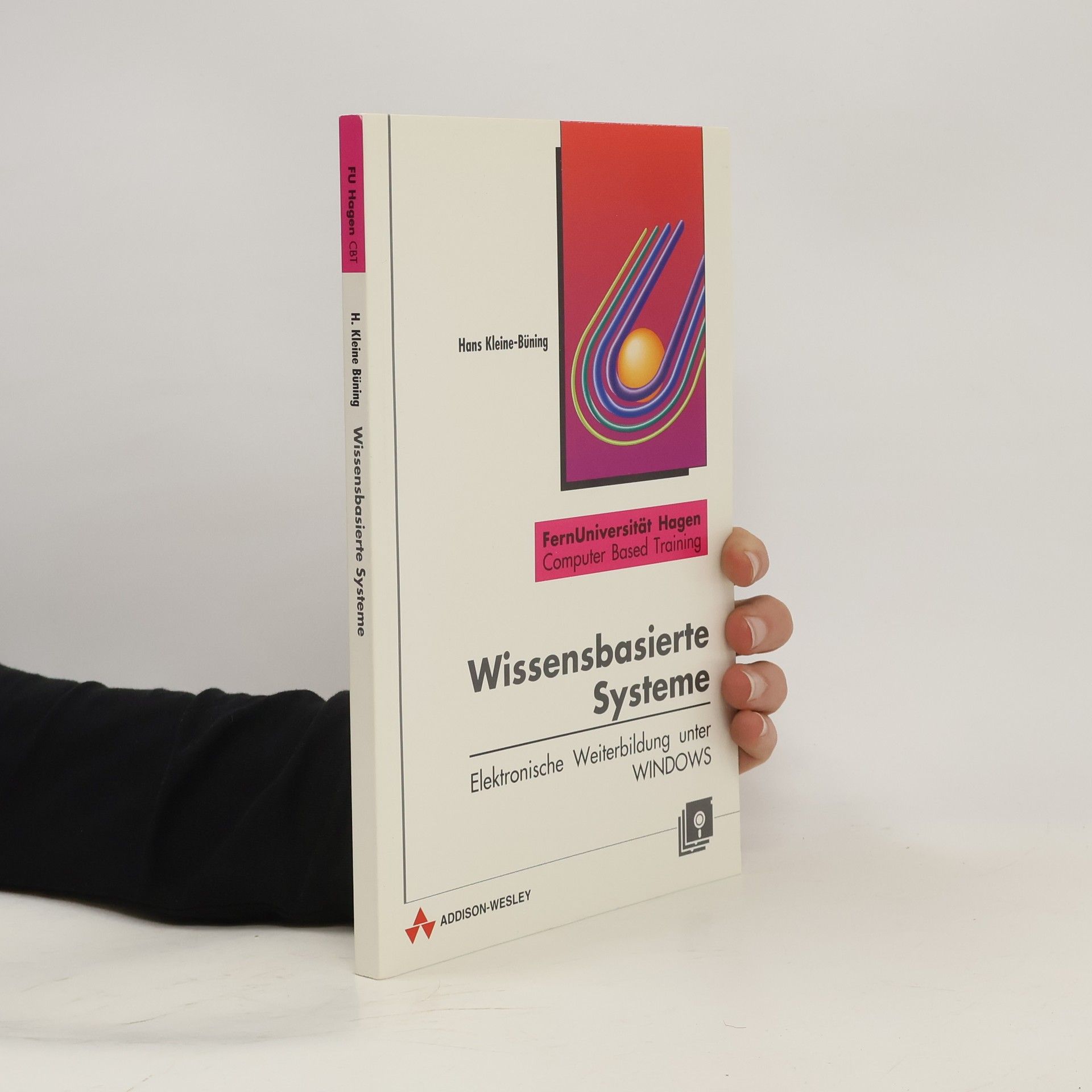Hans Kleine Büning Boeken


PROLOG
- 305bladzijden
- 11 uur lezen
Die Programmiersprache PROLOG hat in den letzten Jahren durch zahlreiche Anwendungen in Expertensystemen und der natürlichen Sprachverarbeitung an Bedeutung gewonnen. Im Gegensatz zu prozeduralen Programmiersprachen, in denen Verfahren zur Lösung eines Problems programmiert werden, besteht das Programmieren in PROLOG aus einer Beschreibung des Problems. Dies führt zu unterschiedlichen Methoden und Herausforderungen beim Programm-Design. Das Buch basiert auf Vorlesungen an der Universität Karlsruhe und reflektiert die dabei gewonnenen Erfahrungen. Zunächst werden einfache Programme und Konstrukte in PROLOG vorgestellt, um den Leser mit der Programmierweise vertraut zu machen. Nach einem Exkurs zu den Grundlagen der Logik folgt ein Kapitel zur Syntax, orientiert an C-Prolog. Anschließend wird der Ablauf der Lösungssuche in PROLOG behandelt, gefolgt von einer ausführlichen Darstellung der wichtigsten Built-in-Prädikate mit Beispielen. Die Anwendungen sind in zwei Bereiche gegliedert: kurze Beispiele zu Mengen, Parsern, Spielen, Logik und Mathematik sowie ein ganzes Kapitel über Expertensysteme. Dabei liegt der Fokus auf der Entwicklung einer Shell zur Implementierung von Expertensystemen. Im Anhang befindet sich das vollständige Programm für diese Entwicklungsumgebung, abgesehen von einem Modul zur Wissenserfassung.